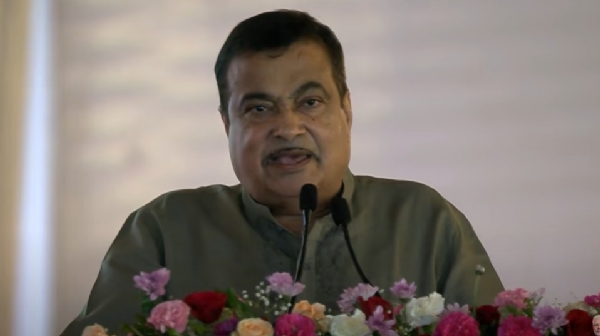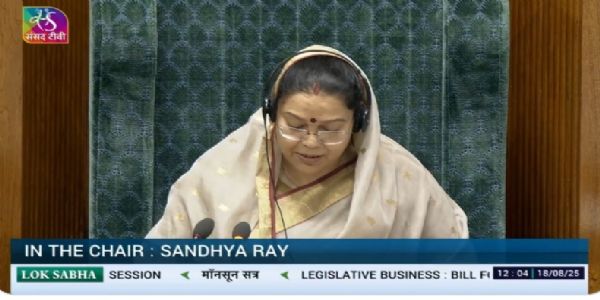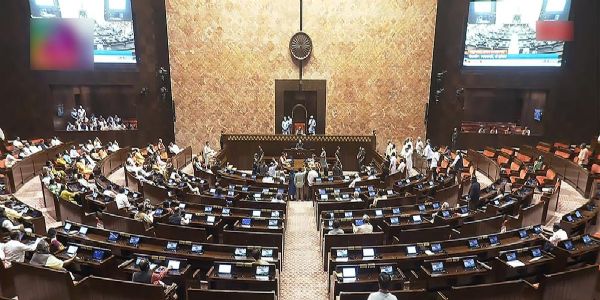
New Delhi, August 17(HS):
Prime Minister Narendra Modi today inaugurated two transformative highway projects in Rohini, Delhi, built at a staggering cost of nearly ₹11,000 crore. The landmark event marks a decisive step in tackling the city’s chronic traffic congestion and pollution challenges, according to Union Road Transport and Highways Minister Nitin Gadhkari.
Speaking on the occasion, Gadhkari hailed it as a day of pride for India. He reflected on how, in 2014, soon after Narendra Modi assumed office as Prime Minister, the Ministry’s first meeting cemented a clear vision: India must build world-class roads. Facing Delhi’s severe traffic and pollution issues, the government rolled out a strategic roadmap. In the first phase alone, projects worth ₹65,000 crore were initiated—out of which works worth ₹48,000 crore have already been completed.
Gadhkari highlighted successes such as the Eastern Peripheral Expressway—completed despite numerous obstacles—and the Delhi-Meerut Expressway, which has slashed the travel time between Delhi and Meerut from four hours to just 45 minutes. These projects have significantly eased Delhi’s traffic by diverting vehicles away from overloaded routes. Today, stretches from Mukarba Chowk to Sonipat and Gurugram to Dhaula Kuan are now signal-free, enhancing the daily commute for millions.
Elaborating further, Gadhkari revealed that the new projects had been part of Delhi’s master plan as far back as 2001, but saw no progress under previous administrations. The National Highways Authority of India (NHAI) stepped in and, at the request of Haryana Chief Minister Manohar Lal Khattar, the Centre also took direct control of the Dwarka Expressway.
Both projects feature cutting-edge technology, with multi-level roads, four-lane tunnels, and the innovative construction of one road beneath another. The 29km stretch, if its lanes are counted individually, equates to an astounding 563km. This new infrastructure isn’t just about length—it exemplifies modernity, with tunnels, bridges, and multi-level roadways coming together in a single corridor.
These upgrades have not only reshaped Delhi’s transport network but have set a national benchmark for infrastructure, reaffirming the government’s commitment to international standards and seamless urban mobility.
---------------
Hindusthan Samachar / Jun Sarkar







